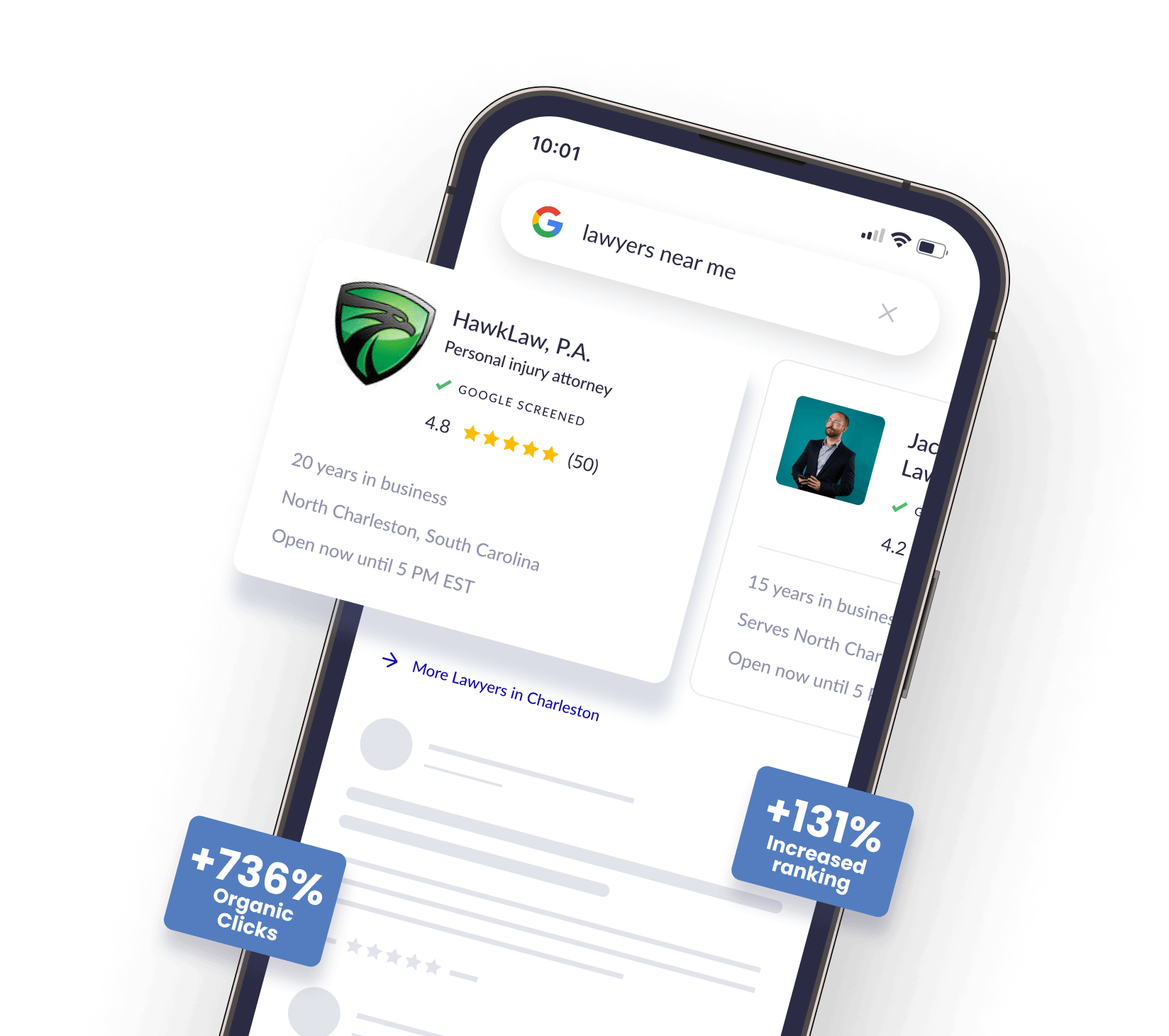
That little green lock icon in the address bar of a website is a common sight, especially if you are doing any online shopping. It means the site is safe to use, but what does that green lock actually do to protect you?
In order to understand this, it’s important to understand how information on the Internet gets from its point of origination to its destination. Unlike a direct flight from DC to New York, data on the Internet must pass through several computers and servers along its way from point A to point B. Just like an indirect flight where you need to make a connection, data that must travel through multiple points has the potential to get delayed, lost, or intercepted by people with unsavory motives.
That little lock icon, also known as a Secure Sockets Layer (SSL) certificate, gives site visitors confidence that the data they submit through the website will not be compromised during its journey.
How Does an SSL Certificate Work?
So how does it all work? An SSL certificate encrypts data so that someone can’t intercept it while it is traveling across the Internet from point to point. Encryption is defined as “the process of converting information or data into a code especially to prevent unauthorized access.” Without encryption, your personal information would be available for viewing in clear text. This could happen at at any point along its journey leaving you vulnerable to possible credit card or identity theft.
Let’s say you are shopping on a website that does not have an SSL certificate, and you input your name as “John Doe.” When you click submit, your name will be sent across the Internet as “John Doe,” visible to anyone who happens to intercept that data at one of its many stops. However, if the website is secured by an SSL certificate then “John Doe” will be transformed into text like “84tj3kjduhFJUE9hFshf933hfs943”. Once the web server receives the message it will decrypt that text back into the original “John Doe.” This same process occurs for passwords, credit card numbers, and all other data that is protected with SSL.
How To Determine If a Website Has SSL
To determine if a website has an SSL certificate just take a look at the URL. Websites that are secure will begin with https. Google also displays the ‘Secure’ badge in the address bar of sites with an SSL certificate, giving visitors an added level of confidence in the company. Sites without an SSL certificate will have the ‘Not Secure’ badge, which may cause visitors to doubt the security of your site and leave without completing any transactions.
If you have a website that collects sensitive information from visitors, it is imperative that you have an SSL certificate. Even if your site does not collect sensitive information from visitors, the lack of a valid SSL certificate leaves your content management system vulnerable to hackers. WordPress, the most popular content management system in the world, is vulnerable to hackers when it’s not properly secured. Be sure to secure it properly.
Understand The Value of Having a SSL Certified Site
Whether you are a consumer or a website owner, it’s important to understand the value of an SSL certificate. Not only does the certificate inspire consumer confidence and protect businesses from unwanted data breaches, but it also helps increase a website’s rank in Google search results.
Businesses – it’s in your best interest to install valid SSL certificates on any websites that they have. If you don’t know how to then get with your web developer and get on a WordPress Support plan.
Consumers – it’s in your best interest to always look for that little green lock before you submit any sensitive data online. Following these best practices can help make online transactions safer for everyone.
By the way, SSL is actually the name for a slightly older technology. The newer technology that provides improved, but similar, encryption and protection is called a Transport Layer Security (TLS). Although TLS largely superseded SSL several years ago, for some reason it’s all referred to colloquially as SSL or sometimes TLS/SSL.
Conclusion on SSL Certification
That wraps up our guide on what your should know about certifing your website with SSL. For help with your web development or to speak to a web developer, use our contact page or call 757-333-3021 today.

Everything you need to know about hiring a digital marketing agency:
- The four pillars of digital marketing
- Digital marketing options and costs
- The pitfalls to avoid
- What to expect when working with an agency
- The qualities to look for in a digital marketing agency

Related Website Design Articles
Extraordinary Results
-
“Erik and the Array Digital team are top notch in the digital marketing spaces, particularly for SEO. Their understanding of Google, the algorithms, and the work involved to get websites ranking on the first page is unparalleled. Thank you Erik!!”
Andrew ZihmerZihmer Law Firm -
“I had a chance to consult with Kevin Daisey for my law firm’s marketing needs. He is knowledgeable, kind, and helpful. He provided me with a great marketing analysis. He also invited me to their podcast as a guest speaker. Thank you Array Digital!”
Merve KatiZMK Law -
“The legal profession needs more architects and designers…folks who are thinking about the future of the profession and who are assembling a tribe of like minded lawyer leaders. Erik and his team are certainly ‘that’.”
Ben GlassBen Glass Law & Great Legal Marketing







